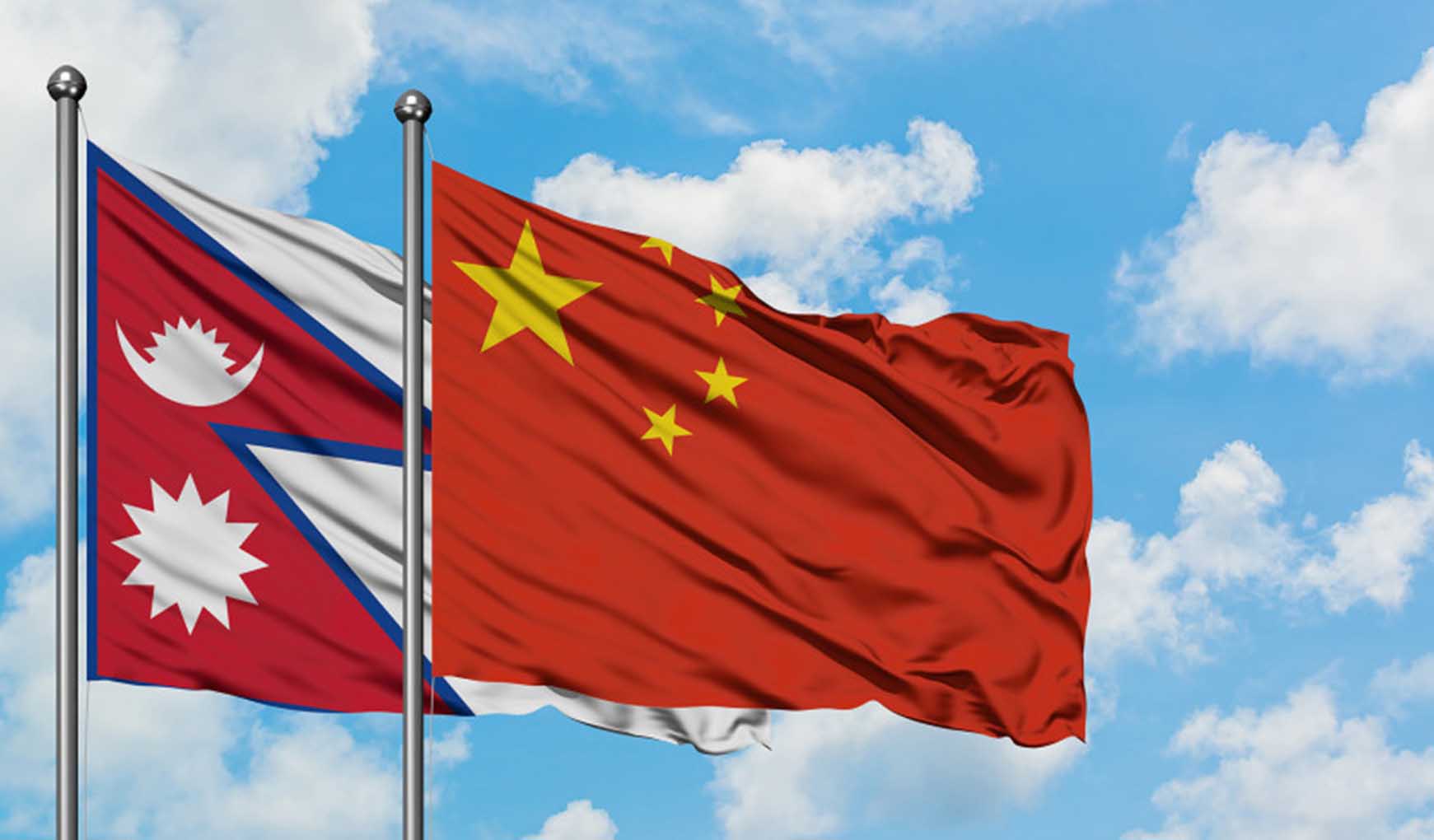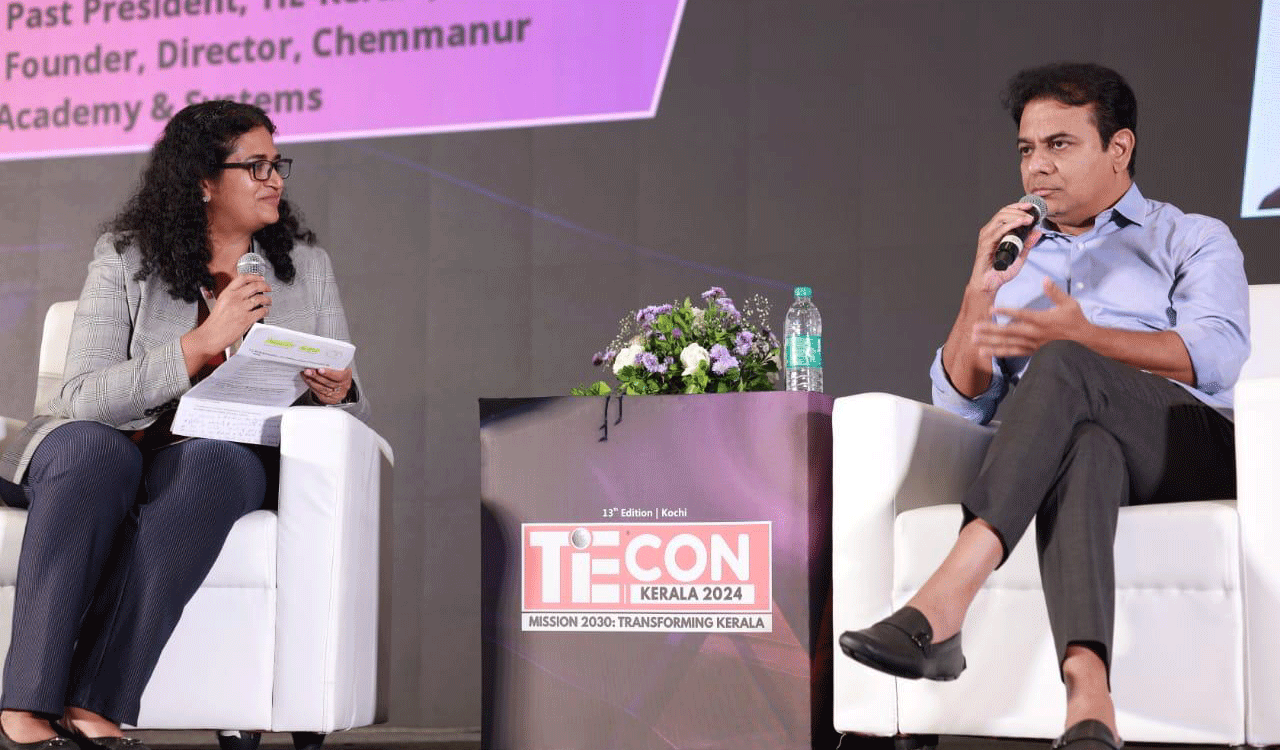Opinion: Democratic ethos in new era
The present juncture demands the UN to vocally oppose undemocratic regimes and formulate guidelines for democracies

By Dr B Vinay Kumar
The year 2024 marks a significant period of elections, with over 60 nations globally undergoing the electoral process. These elections hold profound importance not only in shaping domestic leadership but also in influencing global policies and leadership dynamics. Democracy stands as one of the most widely accepted forms of regime in the contemporary era, deemed as the most effective and suitable system by many nations, although often subject to adaptations based on convenience. This has led to the emergence of hybrid democratic models alongside traditional democratic structures.
In this scenario, it becomes crucial to move beyond mere discussions on election processes and governmental models for a broader understanding of democracy. It is also equally imperative to scrutinise whether governments genuinely reflect the aspirations of their citizens. Many nations conduct periodic elections, claiming democratic credentials, yet often fall short of upholding the core ideals and principles that underpin democracy. Therefore, probing into the historical evolution of democracy becomes essential to grasp the essence of modern democratic practices.
Historical Legacy
The genesis of democracy emerging from autocracy has a deep-rooted historical narrative marked by struggles, conflicts and wars. Democracy transcends mere governance; it embodies a continuous social and political transformation — a progression whereby people have reclaimed their rights and sovereign authority from long-standing aristocratic rule.
In a democratic framework, there is no place for monarchs or individuals seeking absolute primacy; power and privilege are vested in the collective will of the people. Numerous focal moments in history have shaped contemporary democratic regimes. Landmark events such as the Magna Carta, Bill of Rights, French Revolution, Glorious Revolution, American War of Independence, and the intellectual movements of the Renaissance and Reformation have each played a significant role in the evolution of modern democracy.
The original meaning of democracy can be traced back to the Greeks, though they followed direct democracy in place of indirect or representative democracy. The modern reference to democracy can be attributed to Abraham Lincoln, former US President, who defined it as “a government for the people, to the people and by the people”. It clearly elucidates peoples’ centric government and governance rather than ruler-centric or leader-centric. In recent times, almost all nations have been unable to fulfil the terms and references of the principles of democracy. Against this backdrop, nations such as the US and India laying claim to being the oldest and largest democracies in the world, respectively, deserve scrutiny through the lens of democratic principles.
Oldest versus Largest
Democracy, as a prevailing political ideology, holds immense significance in contemporary global politics. The electoral process serves as a crucial factor in defining a nation’s character, leadership and ideological stance. The US, being the world’s oldest and original democratic nation, is currently in the midst of an election that must be scrutinised with democratic principles. Throughout history, the US has positioned itself as a proponent of democracy, particularly during and after the Cold War era when it championed the spread of democratic ideals worldwide. However, criticisms have arisen regarding its utilisation of democracy as a tool to criticise its autocratic rival, then the USSR, and now Russia. There have been instances where the US has been accused of leveraging its power to intervene in smaller or vulnerable nations under the pretext of promoting democracy.
Concerns remain regarding India’s declining duration of parliamentary sessions, essential for determining public interests in a democratic setup
Moreover, American politics often appears to prioritise individual presidential performance and ideology over broader democratic values or public interests. This observation has led some to argue that while America advocates for democracy globally, its domestic political landscape may not always embody the essence of democratic governance. This sentiment was underscored by the organisation of the world’s second democracy summit in 2023 under President Joe Biden’s leadership, further highlighting its role in promoting democratic ideals on the global stage.
India’s Framework
India, acclaimed as the world’s largest democracy, too is in the midst of election, drawing global scrutiny to its democratic framework. Since independence, India has achieved notable milestones in democratic governance, distinguishing itself from other nations that have turned into military rule or instability. However, its democratic journey, crossing 77 years, has not been devoid of challenges. Historically, India has experienced leader-centric politics, evident from the independence movement led by figures like Mahatma Gandhi although concurrently guided by the Indian National Congress. This trend of leader-centric politics has persisted, overshadowing people-centric governance even today.
Despite India’s democratic resilience, concerns remain regarding the declining frequency and duration of parliamentary sessions, which is essential for determining public interests in a democratic setup. Additionally, caste and communal dynamics predominantly influence Indian politics, undermining social harmony and democratic values. The prevalence of criminal elements in politics and the politicisation of bureaucracy further strain the democratic fabric of the nation.
Global Context
In this context, global democracy is still in its nascent stage, with nations often proclaiming democratic ideals without substantial implementation of policies reflective of democratic principles. Major democratic nations like the US and India contrasted with autocratic regimes, such as Russia and China, engage in a contest not primarily to fulfil the aspirations of their citizens but rather to sustain their ideological self-interests and supremacy over one another. This situation blurs the distinction between democratic and autocratic regimes, as both conduct periodic elections to select their leaders without necessarily embodying democratic values in their governance. Russia reelected Putin as its head for the next consecutive term.
The present juncture demands the United Nations to vocally oppose undemocratic regimes and formulate comprehensive guidelines for global democracies. A cohesive and binding policy framework should be formulated and universally adopted by democracies. The UN should also evolve by establishing a dedicated agency tasked with overseeing democratic regimes globally and conducting regular assessments of their advancement.
Finally, enhancing the capabilities of the Inter-Parliamentary union (IPU) is crucial for training and fortifying democratic systems, thus fostering social justice and sustainable development on a global scale.

(The author is faculty of International Relations, University Post-Graduate College Secunderabad, Osmania University, Hyderabad)
Related News
-
Cartoon Today on December 25, 2024
4 hours ago -
Sandhya Theatre stampede case: Allu Arjun questioned for 3 hours by Chikkadpallly police
5 hours ago -
Telangana: TRSMA pitches for 15% school fee hike and Right to Fee Collection Act
5 hours ago -
Former Home Secretary Ajay Kumar Bhalla appointed Manipur Governor, Kerala Governor shifted to Bihar
5 hours ago -
Hyderabad: Organs of 74-year-old man donated as part of Jeevandan
5 hours ago -
Editorial: Modi’s Kuwait outreach
5 hours ago -
Telangana HC suspends orders against KCR and Harish Rao
6 hours ago -
Kohli and Smith will be dangerous and hungry: Shastri
6 hours ago




